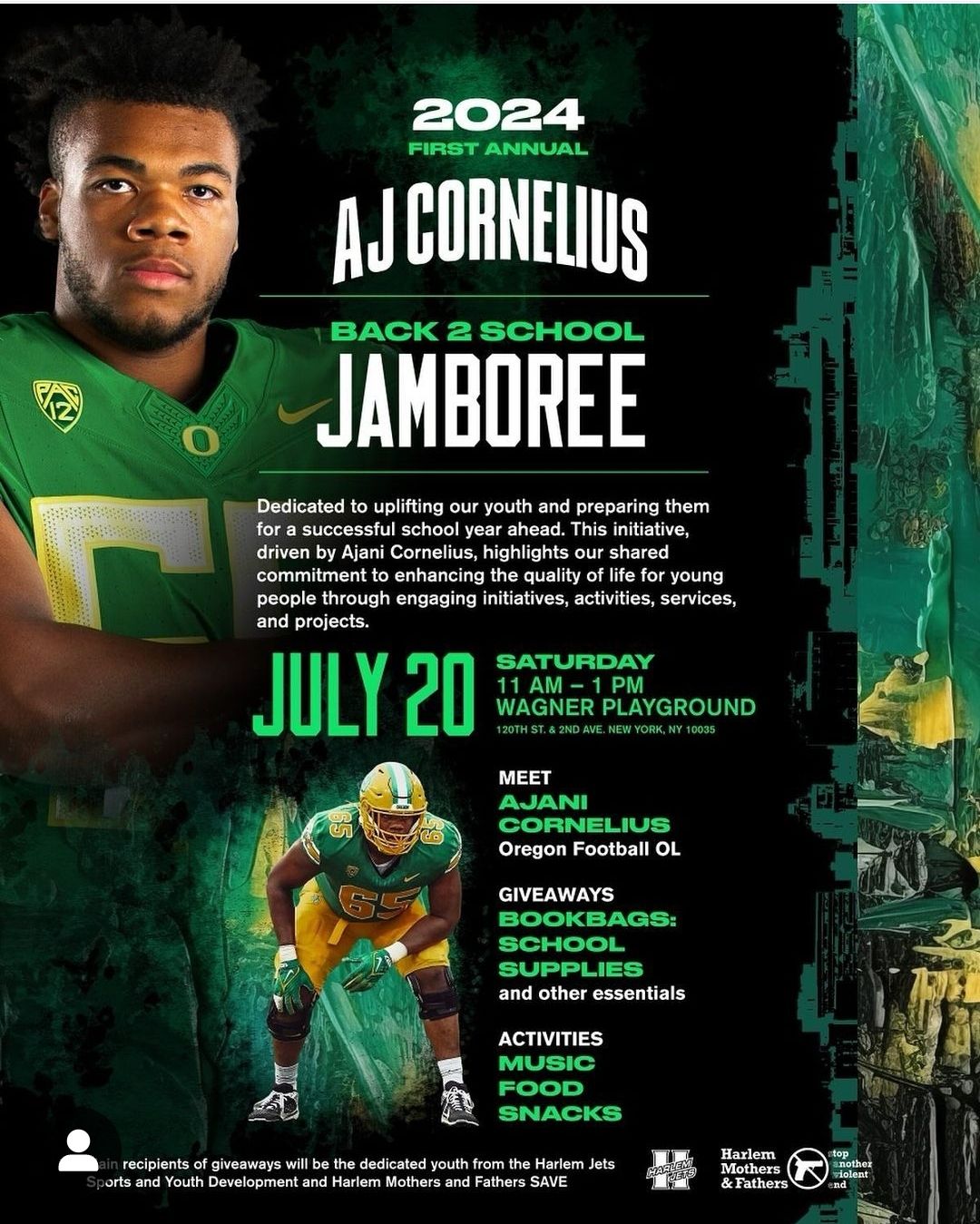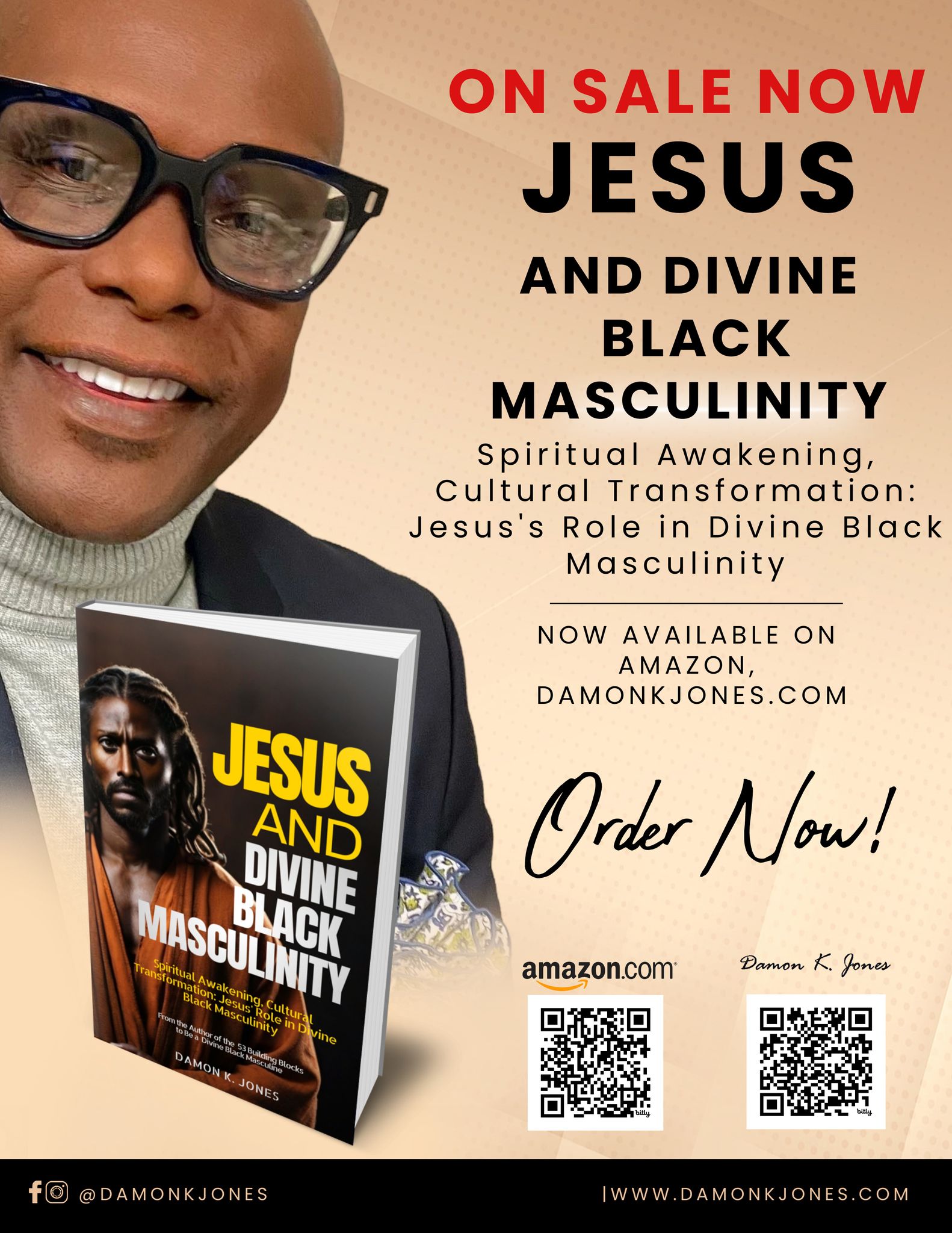Stereotypes and assumptions about gender have existed for centuries, perpetuating harmful generalizations about both men and women.
Recently, there has been a growing awareness of the need to challenge these stereotypes about Black men in particular. Stereotypes that warrant attention include the assumption that all Black men are inherently dishonest, disloyal, disrespectful, selfish, neglectful, abusive, or avoidant of responsibilities.
This assumption is not only detrimental to men but also hinders progress toward healthy relationships between Black men and women. In this article, we will explore the origins of this stereotype, its consequences, and why it is crucial to challenge and dispel such false assumptions.
The Origins of the Assumption
The assumption that Black men possess negative traits like dishonesty, disloyalty, disrespectfulness, selfishness, neglectfulness, abuse, or avoidance of responsibilities has its roots in historical and cultural contexts. Throughout history, traditional gender roles have often dictated that men are supposed to be strong, dominant, and unemotional. These rigid expectations have led to a perception of men as stoic and unfeeling, which, in turn, has given rise to the false belief that men lack empathy, responsibility, and compassion.
Media and popular culture have played a significant role in perpetuating these stereotypes of Black men. Television shows, movies, and advertising have frequently portrayed Black men as irresponsible, commitment-phobic, and prone to cheating or mistreating their partners. Such portrayals reinforce the assumption that all men are dishonest, disloyal, disrespectful, selfish, neglectful, abusive, or avoidant of responsibilities.
Consequences of the Assumption
Harmful Generalizations: Assuming that Black men possess negative traits can lead to dangerous generalizations. It encourages people to judge individuals solely based on their gender, disregarding their unique qualities and character.
Stigmatization: Black Men who do not conform to these stereotypes may face social stigmatization or ridicule, which can have adverse effects on their mental health and self-esteem.
Reinforcing Gender Inequality: Stereotyping Black men as inherently negative can reinforce harmful gender norms and discourage men from participating in caregiving roles or expressing vulnerability, further perpetuating gender inequality.
Undermining Relationships: Assuming that all Black men are dishonest, disloyal, disrespectful, selfish, neglectful, abusive, or avoidant of responsibilities can harm interpersonal relationships. It creates mistrust and paranoia, making it difficult for individuals to build healthy connections.
The consequences of making assumptions about the character and behavior of Black men can extend to the state of Black marriages and relationships. It’s important to acknowledge that negative stereotypes about Black men can have a detrimental impact on Black relationships, contributing to lower marriage rates than any other ethnic group and strained partnerships.
It’s essential to address these consequences and work toward dispelling harmful assumptions and stereotypes about Black men and relationships within the Black community. Promoting healthy communication, mutual respect, and the recognition of individuality can contribute to stronger Black marriages and relationships.
Moreover, societal efforts to combat racial disparities in education, employment, and access to resources can also help create a more equitable environment, reducing some of the external stressors that can affect relationships within the Black community.
Indeed, it’s essential to acknowledge that there are Black men of varying character and integrity. While it’s true that some men may exhibit negative behaviors, it’s equally valid that many men possess positive qualities such as honesty, loyalty, respectfulness, selflessness, responsibility, and kindness.
In the quest for a serious relationship or a life partner, it’s crucial to exercise spiritual discernment. This discernment involves understanding one’s values, beliefs, and priorities and using these as a guide when choosing a partner. It’s about seeking compatibility and shared values rather than making broad assumptions about an entire gender.
Relationships are complex, and they depend on a wide range of factors, including personal compatibility, communication, values, and life circumstances. While holding negative stereotypes about Black men or any group can impact relationships, it’s essential to approach this topic with sensitivity and avoid implying that people who have these beliefs are destined to be single and alone.
Moreover, if someone finds themselves stuck in a thought cycle that lumps all Black men (or any group) into being evil, seeking counseling or therapy can be immensely beneficial. Professional counseling can help individuals challenge and change these harmful thought patterns, fostering a more open and healthy mindset conducive to building positive relationships.
While there may be individuals with negative qualities in any gender, it’s essential to recognize and appreciate the diversity of character and integrity within that group. Spiritual discernment, open-mindedness, and the willingness to seek counseling if needed are valuable tools for creating meaningful and fulfilling relationships based on genuine connection and shared values.
Assuming that all Black men are inherently dishonest, disloyal, disrespectful, selfish, neglectful, abusive, or avoidant of responsibilities is not only unfounded but also harmful. These false assumptions perpetuate harmful gender stereotypes, reinforce inequality, and undermine relationships and opportunities for Black men. Challenging these stereotypes is essential for creating a more inclusive and equitable society where individuals are judged based on their character, actions, and choices rather than their gender. It is our collective responsibility to break free from these harmful beliefs and promote a world where everyone is treated with fairness and respect, regardless of their gender.












[…] blackwestchester.com/challenging-stereotypes-the-peril-of-assuming-black-men-are-dishonest-disloyal-… […]